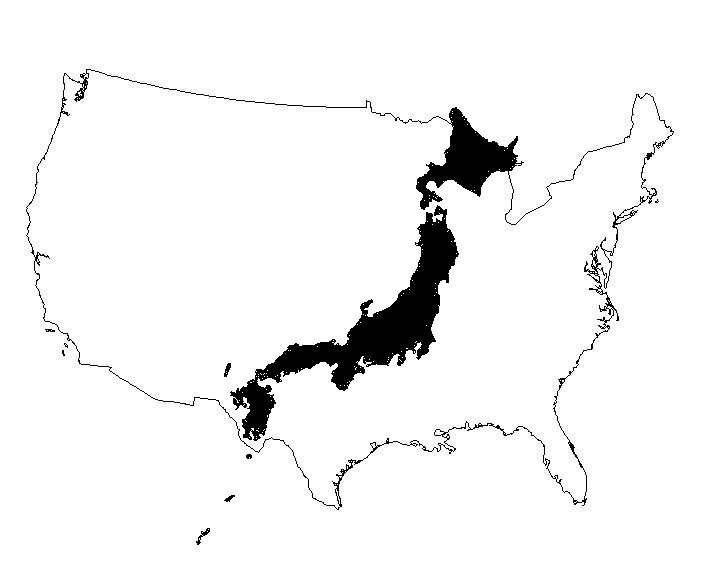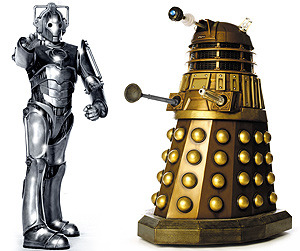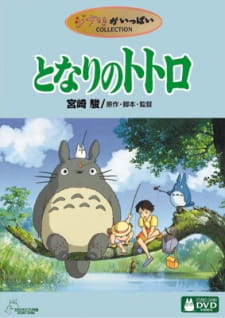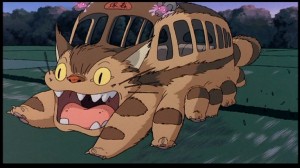Anyway, in the past few months, I have been doing a lot more walking. This is mostly because I now live in a small town where things are closer to home/I don't have to worry as much about crazy people. This has brought to mind the fact that I kind of use Japanese pedestrian rules over American ones or combine them. For example, I have no idea which side of the street I am supposed to walk on when there is no sidewalk, so I just kind of use whatever side I want. But, even more, when you walk a lot more, you cross the street a lot more, which means you have an opportunity to use the mad skills you acquired over years of living in a country with a looser definition of this thing called "jaywalking."
1. The proper place to cross the street is wherever there is a large enough gap between cars. I believe the technical rule is at the corner, but sometimes...
I mean, if there is a perfectly opportune moment for me to cross the street right now, why should I go chasing all the way to the corner before crossing. Now, what constitutes a proper-sized gap? This is based on the speed limit, whether you are on bicycle or foot, how many/the ages of people are in your group, and how fast you are already riding your bicycle.
2. Green man walking means cross; red man standing means cross if there are no cars nearby. Sometimes, the light just takes too long to turn, and there's no cars closing in immediately, so why wait? Once again, using the parameters above to determine whether or not it is safe to cross when using the second method.
3. If you do decide to wait for the light to turn green, wait for the little birdie to start chirping. Not available at all crosswalks. Sound of birdie chirps may vary.
4. As a child, raise your hand over your head when you cross the street. This helps the cars see you. Also, this is something you totally forget in America because your parents never made you do it anyway. However, when they are making you walk a lot in a big city, that is a perfect time to spontaneously remember and start doing it, much to your mom's embarrassment.
 |
| Thank you random person on the Internet who posted this. |
5. When crossing a street with cars coming, cross quickly at first, slowly later. You will absolutely in no way bother my dad by doing this. Nor will you hold up traffic. After all, they have nowhere to go anyway. And I most definitely do not catch myself doing this nowadays. *shifty eyes
6. Tired of crossing the street? Simply walk in the middle. With the small yard sizes in Japan, you probably spent some time playing in the streets as a child anyway. So now as an adult, you find it acceptable to walk right down the middle of the road. Or bicycle. Or walk while pushing your bicycle. Do not evacuate the road until you realize a car is driving slowly behind you. Then step off to the side. Preferably look dazed like, "Whoa, there are vehicles in the street."
So, there you go: six simple steps to crossing the street. Please, by all means, ignore them if you are in America. Unless you are walking with me. No, wait, then still follow American rules and save me from potentially doing something terrible one day.

















.svg/50px-Flag_of_Peru_(state).svg.png)




















